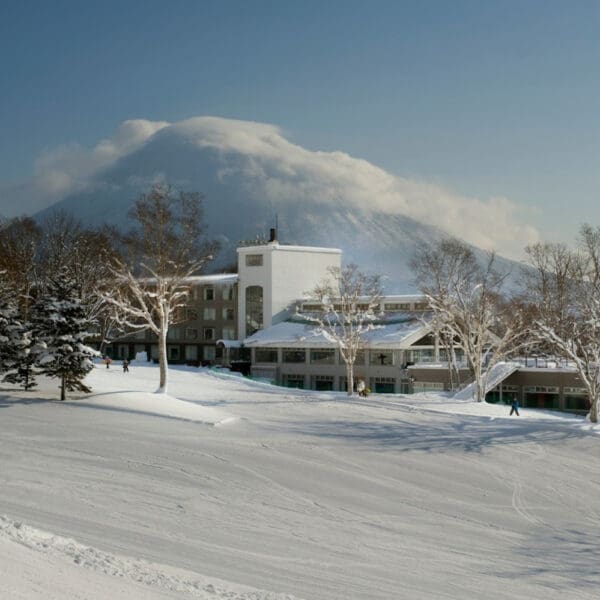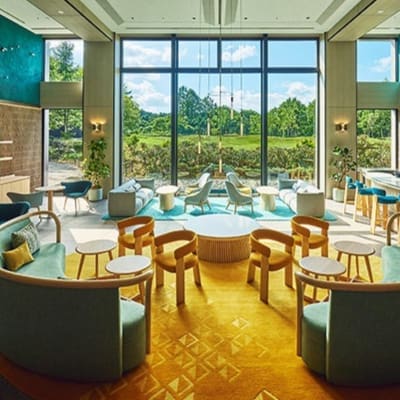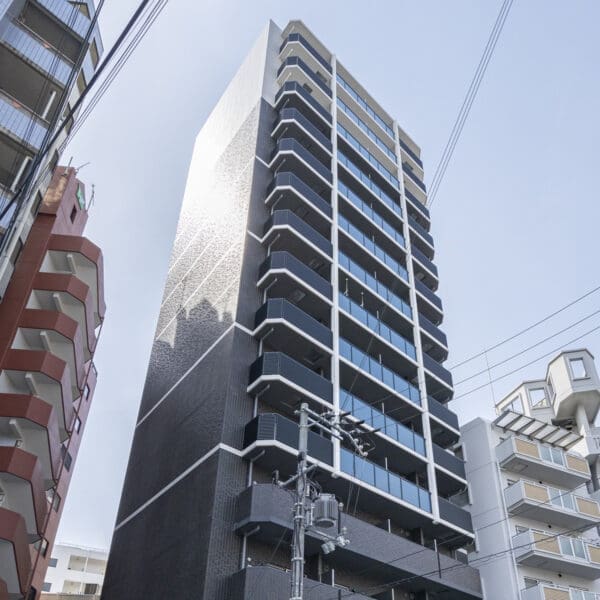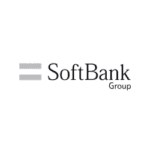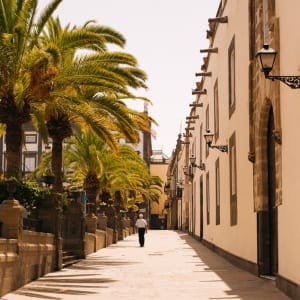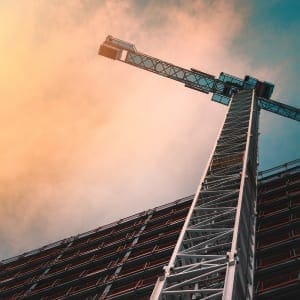As entry restrictions for international travelers in Japan remain in place, new trends in hotel performance have emerged.
 Recent data suggest a distinct preference for regional destinations, helped in part by the Japanese government’s “Go to Travel” campaign to promote domestic travel and help boost local businesses. But while regional markets are leading the recovery in the country, levels remain well below pre-pandemic levels with full recovery not expected for years.
Recent data suggest a distinct preference for regional destinations, helped in part by the Japanese government’s “Go to Travel” campaign to promote domestic travel and help boost local businesses. But while regional markets are leading the recovery in the country, levels remain well below pre-pandemic levels with full recovery not expected for years.
Regional markets: Where does recovery stand?
As we’ve seen in other markets around the globe, regional markets in Japan are leading the recovery as key cities like Tokyo and Osaka have lagged. Resort areas that can be reached by car from Tokyo and Osaka, such as Kanto and Kansai, have seen a high “Go to Travel” campaign impact.

After the state of emergency ended during the last week of May, June showed a slow recovery pace with normal weekly patterns, including Saturday producing the highest occupancy level of the week—as we’ve seen in other markets around the globe. Regional areas showed stronger occupancies on weekends and during the week. That gap was slightly larger through the end of June and July with school holidays.
Since the opportunity to move around in early June, we have seen the gradual differentiation of regional properties to the capital cities. It must be said firstly that the capitals also were artificially inflated by the isolation demand they were housing. In June, regional Japan saw the highest occupancy since March (36%). For comparison. Tokyo and Osaka posted an 18.7% occupancy level that same month.
Conclusion
Despite the Japanese government’s efforts to support and promote domestic travel, the country’s rising COVID-19 caseloads appear to have slowed recovery. However, as we’ve seen in other countries around the globe, regional markets in Japan are proving the most resilience as we enter the early stages of COVID-19 recovery.


